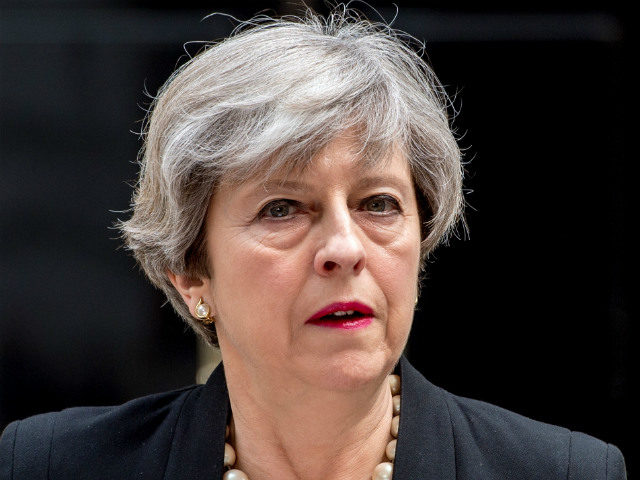May, in her message, said: “The last 10 days have marked a watershed in our negotiations to leave the EU. We will begin discussions on the new, deep and special partnership that we want to build between the United Kingdom and the European Union.”
The Prime Minister said talks will now begin immediately with the EU on agreeing an implementation period, giving businesses and families time to implement the changes required for Britain’s future partnership with the EU.
“I very much welcome the desire of the EU to agree the precise terms of this period as soon as possible,” said May.
In an editorial, the Telegraph said May’s biggest obstacle is how to unite her own cabinet of ministers.
May’s Cabinet’s Brexit sub-committee meets on Monday to begin detailed discussions on the end state arrangements the British government will seek from the EU.
The following day the full cabinet meets at 10 Downing Street, the first time it has had the chance to discuss what the eventual Brexit deal might look like when Britain leaves the EU in March 2019.
In a clear sign that cabinet ministers are divided on the shape of Brexit and a possible implementation phase, Foreign Secretary Boris Johnson was widely reported in Sunday’s national media saying alignment with EU rules must not make Britain subordinate.
The Sunday Times cited Johnson, in an interview, as calling on May to strike a Brexit trade deal that gives Britain the power to ditch EU laws, warning that failure to do so would render the country a “vassal state” of Brussels.
In another sign that the “Battle of Brexit” is far from over, the Independent said a number of leading political figures will discuss on Monday whether Britain needs a further referendum to decide on a Brexit deal, once terms of departure are known.
The newspaper says Conservative statesman Lord Michael Heseltine, former Labour Minister Lord Peter Mandelson and the leader of the minority Liberal Democrats Vince Cable are calling for a rethink.








